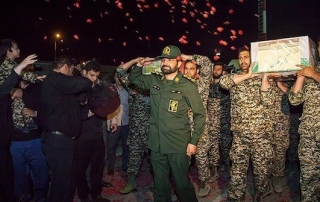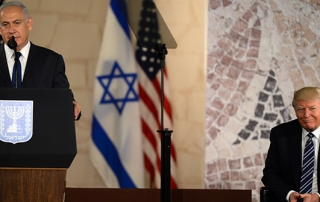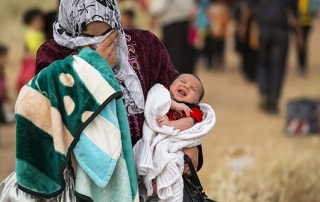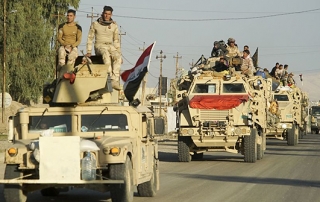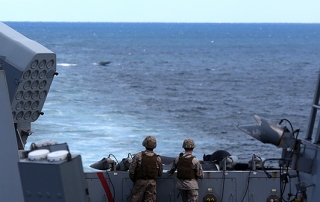Saudi–Iranian Rivalry and the Impact on the Syrian Conflict
by Julien Barnes-Dacey
This memo was presented part of a workshop organised by the LSE Middle East Centre looking at the Saudi–Iran rivalry in the region on 7 May 2018.
Syria’s devastating seven-year conflict began on the basis of strong domestic grievances against the authoritarian Assad rule and local factors have always been key to shaping events on the ground. However, the conflict also quickly assumed an […]

